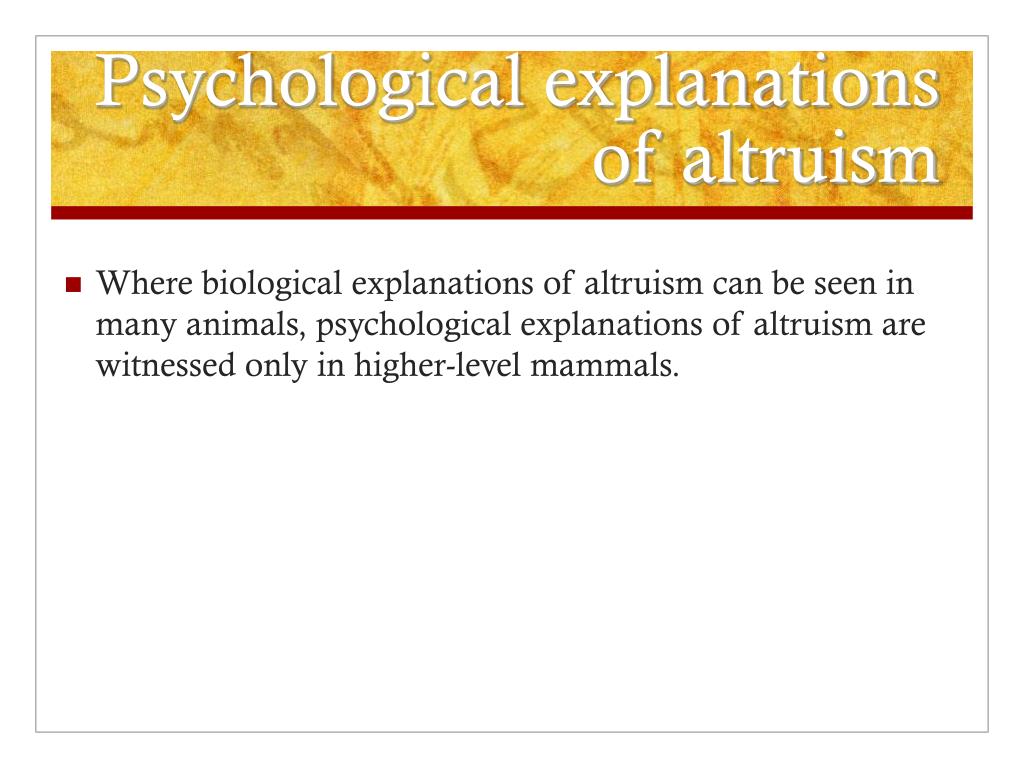
6 Nevertheless, Diogenes would have not fulfilled criteria for this syndrome, as his motivation was a suspicious rejection of the world, rather than a desire to demonstrate self-sufficiency.

3 Characterized by poor hygiene, it is also known as social breakdown syndrome, 4 senile squalor syndrome, 5 and self-neglect syndrome. It is associated with social isolation, rejection of external help, and no awareness of the abnormality of their behavior. 2 In 1975, Clark et al 3 described Diogenes syndrome in people with extreme self-neglect who hoard objects. Diogenes believed human beings lived artificially and hypocritically and followed ideas such as freedom from emotion, lack of shame, and contempt for social organization. He kept his need for clothing and food to a minimum, begged for a living, and lived in a large wooden barrel. Diogenes Syndromeĭiogenes of Sinope was one of the founders of the Cynic philosophy, from the Greek Kynikos (meaning dog). With the present article, we aimed to increase awareness among the neuropsychiatric community. In an effort to better conceptualize Noah syndrome, we performed a literature review, searching for common aspects of Diogenes syndrome and animal hoarding disorder. 1 Though research is scarce, patients with this symptomology have presented to our daily practice over the last decade, especially in the psychiatry emergency room. Noah syndrome has been recently described as a variant of Diogenes syndrome, presenting in persons with animal hoarding disorder. Keywords: Noah syndrome, animal hoarding, Diogenes syndrome, squalor Due to the limited number of manuscripts on this topic, more research is needed to develop effective intervention strategies, which should include not only psychiatric and neurologic care, but also veterinary care and familiarity with public health policies.

We discuss psychopathological mechanisms, such as ageism and attachment disorders. Neurological and psychiatric conditions, such as dementia, obsessive compulsive disorder (OCD), psychoses, and drug addiction were some of the most common underlying causes. The main findings show that persons hoarding animals in squalor tend to be of advanced age and socially isolated, lacking perception of the consequences of their behavior on themselves, their families, and their animals. From the 52 scientific articles identified in our search, we included and analyzed 23 manuscripts. The main objective of this preliminary review was to identify studies that investigated extreme forms of animal hoarding in an effort to define the concept of Noah syndrome, recently proposed as the animal variant of Diogenes syndrome. Gama Marques is with Consulta de Esquizofrenia Resistente, Hospital Júlio de Matos, Centro Hospitalar Psiquiátrico de Lisboa in Lisbon, Portugal.įunding: No funding was provided for this article.ĭisclosures: The authors have no conflicts of interest relevant to the content of this article.

Gama Marques are with Clínica Universitária de Psiquiatria e Psicologia Médica, Faculdade de Medicina, Universidade de Lisboa in Lisbon, Portugal. By Leonor Moreira Abreu, MD, MSc, and João Gama Marques, MD, MSc, PhDĭr.


 0 kommentar(er)
0 kommentar(er)
